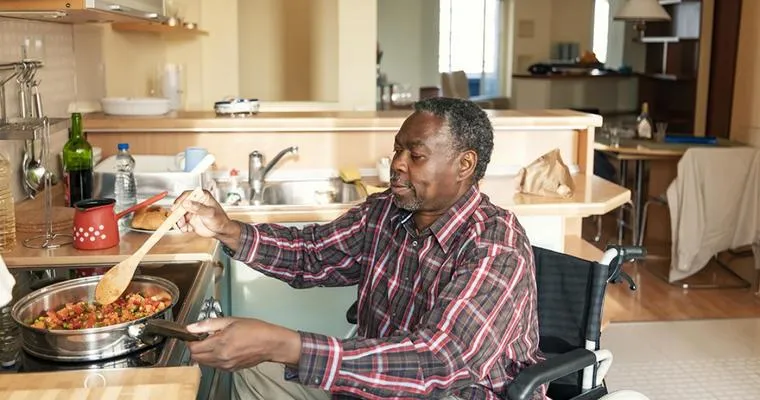Finding adequate "in home care" for aging parents can be a challenging experience, especially when faced with "limited options" and a loved one who is resistant to change. In situations like these, it is crucial to consider the various aspects of care available and how to effectively communicate the importance of exploring different alternatives.
When discussing "in home care", many families encounter the first hurdle: the "stigma" associated with receiving help at home. Your father may perceive this assistance as a sign of weakness or a loss of independence. This mindset can hinder the exploration of beneficial options that could significantly improve his quality of life.
The first step in addressing your father’s reluctance is to educate him about the variety of "in home care services" available. From companionship and personal care to skilled nursing and rehabilitation services, there are many avenues to explore. It may be helpful to present these options in a way that emphasizes their positive impact on his daily routine and overall well-being.
Another common challenge is the "cost of in home care". Many families worry about the financial implications of hiring caregivers or utilizing home health services. It is essential to research and discuss various payment options, including insurance coverage, government assistance programs, or even community resources that may be available to alleviate some of the financial burden.
Communication plays a vital role in this process. Approach the conversation from a place of empathy and understanding. Share your concerns about his safety and well-being rather than forcing him into a decision. Encourage him to express his feelings openly, and listen to his worries. By fostering an open dialogue, you can collaboratively explore "care options" that may feel more acceptable to him.
If your father still hesitates to consider "in home care", you may want to suggest a trial period. This could involve bringing in a caregiver for a few hours a week to help with light housekeeping or meal preparation. By starting small, he might become more comfortable with the idea of receiving assistance and notice the benefits firsthand.
In some cases, it may also be beneficial to involve a third party. This could be a family friend, a doctor, or a social worker who can provide an outside perspective. Sometimes, hearing the same information from someone else can make a significant difference in a person’s willingness to embrace change.
Ultimately, the goal is to ensure that your father is safe, healthy, and happy. While the options for "in home care" may not seem ideal at first, persistence and kindness can lead to a solution that works for everyone involved. Remember that it’s about finding a balance between respecting his wishes and ensuring he receives the support he needs.
In conclusion, while navigating the complexities of "in home care" can be daunting, it is essential to approach the situation with compassion and understanding. By providing information, exploring different care options, and maintaining open communication, you can help your father realize the benefits of receiving assistance at home.





